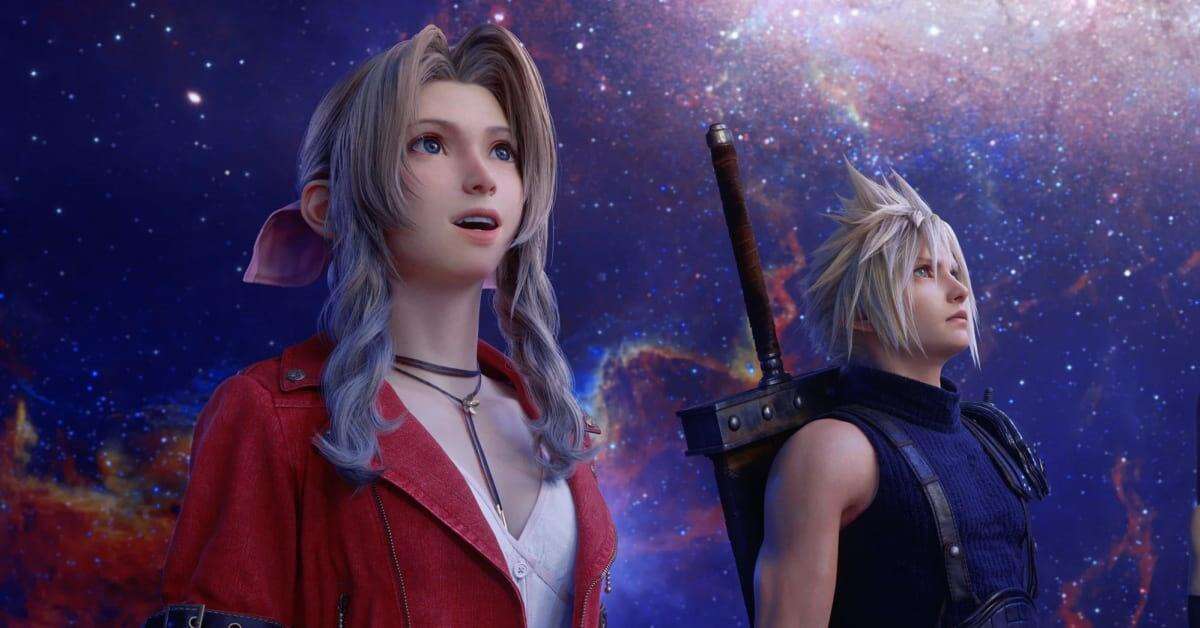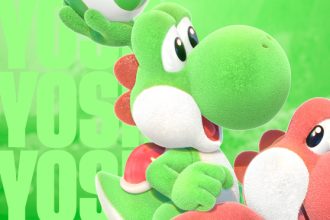Looking at my past few years of reviews for GameSpot, I’ve noticed a trend: I’ve looked at a lot of remakes and remasters. A lot of them have been good–great, even. It makes me happy to see games that had a big impact in Japan in their heyday, like Live A Live and Romancing SaGa 2finally make the journey overseas.
But lately, I’ve been feeling like these remakes specifically are lacking something. While I enjoyed many of these titles, there was just something I couldn’t put my finger on that felt off. I thought that maybe I was experiencing a sort of odd fatigue from having gone through so many of them over the past few years, but when I played through Dragon Quest I and II HD recently, I was finally able to figure out exactly what’s irking me.
So many remakes lack ambition.
In entertainment media, familiarity and name recognition carry a lot of weight. If you watch or play through a new entry in a legacy series, like a Star Wars film or the latest Call of Duty, you generally know what to expect. Remakes tend to be even more predictable: the characters, setpieces, story arcs, and themes are already known, so you can just borrow that script, while modernizing the visuals and touching up gameplay bits along the way.
But stopping there would just be a remaster. Why should anyone be beholden to this structure for a remake? If you’re going to take the step of completely redoing something, why not do something truly transformative? Why do you have to be constrained by what came beforehand?
Let’s use Dragon Quest I HD-2D Remake as an example. The original Dragon Quest’s story is about as simple as it gets: a destined warrior descended from a legendary bloodline appears one day to rescue the princess and save the world by defeating the wicked Dragonlord and his minions. Pretty standard for an RPG from the early days of the genre, and the games that followed DQI would dramatically expand on the story and character tropes of these early games, delivering some all-time classics.

The remake keeps true to the original game’s plot, but attempts to “modernize” it by adding in mostly-superfluous details. You begin the game by saving some soldiers from Tantagel’s elite team from monsters, and then making your way to the familiar castle where the king sends you off on your grand journey. These soldiers–who aren’t even given names–appear again at parts in the story to try and add some dramatic gravitas. One’s dying from an evil sickness, another abandoned his post in fear, and the third feels like a failure.
There’s potential for these characters to be interesting companions, but Dragon Quest I was a solo adventure, and the remake doesn’t change that, pushing these potentially interesting characters aside once the cutscenes involving them end. The romantic subplot with Princess Gawelin is a bit more interesting in the remake, as you now get to see her struggle in the monsters’ captivity. However, she too falls into the background, only popping up to give guidance from afar–presumably because making her a more prominent figure would change the story too much from the original’s tale.
The developers hamstrung themselves by remaining faithful to the source material. There’s so much potential for interesting takes and expansions on DQI’s narrative. We could have brief periods where those Tantagel soldiers act as NPC helpers–just like the changes to the Princess of Cannock’s role in Dragon Quest II HD–giving them more background and characterization. And through this expansion in their characters, wecould get more background on the hero and the various ruined cities we encounter along the way.
Those are pretty tame suggestions for building more on the plot, but it’s possible to imagine some dramatic, surprising changes that would shake up the Dragon Quest I experience in interesting ways. What if Princess Gwaelin was swayed towards evil, even briefly? What if the hero had a crisis of duty and doubted his ability to save the world, having him do some soul-searching to rediscover his courage? (I’d say “What if you take the Dragonlord’s offer to rule half the world before your final face-off” but there actually is a whole game based on that premise!) There are so many possibilities to subvert players’ expectations and surprise them, and none of those opportunities are capitalized on.
It’s frustrating, because it feels like DQ1HD knows it doesn’t have to always try and follow the progression and beats of the original game. It adds new areas like the dwarf and fairy villages, drops in some additional boss fights, and changes how locked doors work, but more often than not, it opts to stick with the same old story beats, just with more flowery dialogue and prettier, more dramatic (but hollow-feeling) cutscenes. (I do think its companion game, Dragon Quest II HD, does the “remake” concept better, with a new playable character and more locations and dialogue–though it also feels somewhat restrained.)

I’m not just tossing this criticism at old, story-light RPGs, either. There’s a very good argument that Resident Evil 4 is one of the most important games of its generation, and it’s held up so well over time that many (myself included) questioned why it needed a remake. And while the remake turned out very well, it’s still what you’d expect if you’ve played Resident Evil 4 before. So again: why bother, except to capitalize on name recognition? It might be idealistic, presuming that that’s not enough in itself for companies, of course. But I feel like there’s incredible potential to re-explore RE4 with dramatically altered story elements. Hell, I’d love to see an “alternative” RE4: the game was known to have gone through several different concepts throughout its development. Why not revisit one of those, and give us an alternate-universe game based on the early “Castle” and “Hallucination” game concepts?
There are so many more examples I could give: Super Mario RPG on Switch, Metal Gear Solid Delta, Persona 3 Reload. All fine games, but all standard, by-the-numbers remakes. Unfortunately, developers seem downright allergic to the idea of making dramatic changes to a remake. In all these cases, we witness how unwavering fidelity to the source material comes at the sacrifice of creativity. Sure, you’ve always got fans who will throw a hissy-fit when any element gets altered for a remake–but I feel like these are the people that you likely can’t ever fully please with a remake anyway.
Other artistic mediums aren’t afraid to allow for different takes on a core idea–look at the many different adaptations of Superman, The Lord of the Rings, and The Hitchhiker’s Guide to the Galaxy, to say nothing of classic stories and myths like Sherlock Holmes, Frankenstein, and Arthurian legend. It’s not just about handing over the keys to a beloved series to new staff, either–original creators have gone back to re-examine and recreate their own work, giving us transformative media like the Rebuild of Evangelion film series. These mediums seem to understand that the existence of a remake doesn’t nullify the original’s presence or lasting impact.
If you asked for an example of a remake that fits my ideal, I’d say something along the lines of what’s being done with Final Fantasy VII Remake project. By this point, FFVII’s characters and plot are widely known–but instead of just regurgitating those beloved plot beats, the remakes (Rebirth especially) are taking familiar characters and scenarios and twisting them in wildly different ways. You’ll find some division among fans about how FFVII’s story beats are being transformed and re-contextualized, which isn’t surprising. But no matter how you feel about the way the story and characters have been handled, you have to at least give credit to Square-Enix for daring to do more. Final Fantasy VII Remake understands that it can coexist with the original Final Fantasy VII, so it’s not afraid to shake things up–and that makes it all the more captivating.
Ultimately, I feel that remakes shouldn’t be afraid to take fresh, surprising, and different approaches to their source material. While it’s important to understand the essence of what made a game beloved, not everything about the original games needs to be considered sacrosanct and unable to be altered. I’m not feeling completely down on remakes, though, since a few games on the horizon look to be doing some interesting stuff: Danganronpa 2×2 is offering up an entire alternate plotline, while Yakuza Kiwami 3 is giving one of the series’ most beloved villains a starring role in a new scenario. And as much as I’ve been down on the Dragon Quest remake, I’m hopeful that Dragon Quest VII Reimagined will be more like the sort of game I wish that was. Hopefully we’ll see more developers realize that remakes provide an opportunity to transform and recreate games in fresh and fascinating ways.





